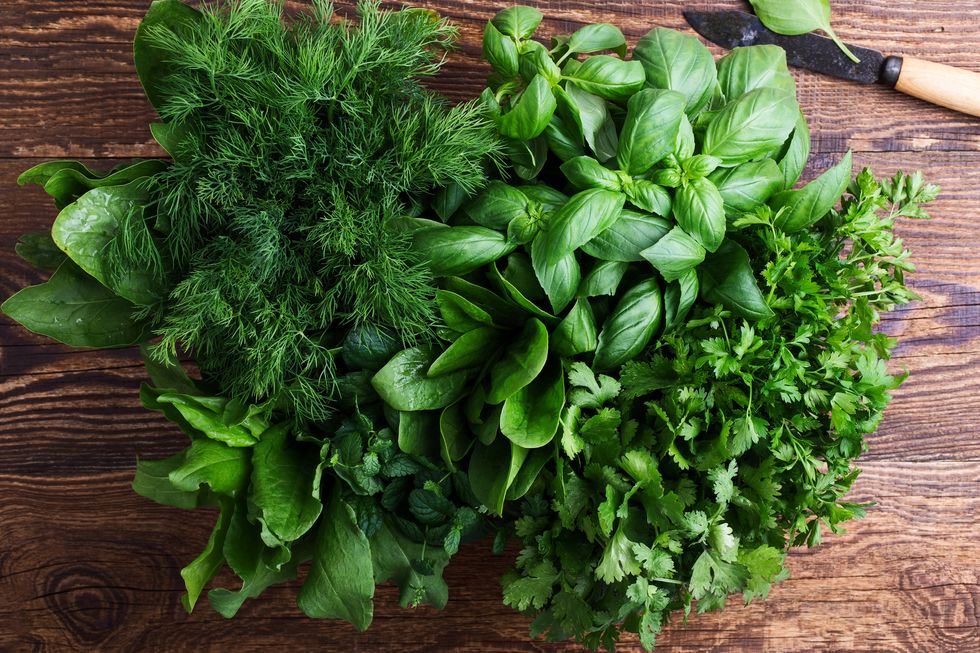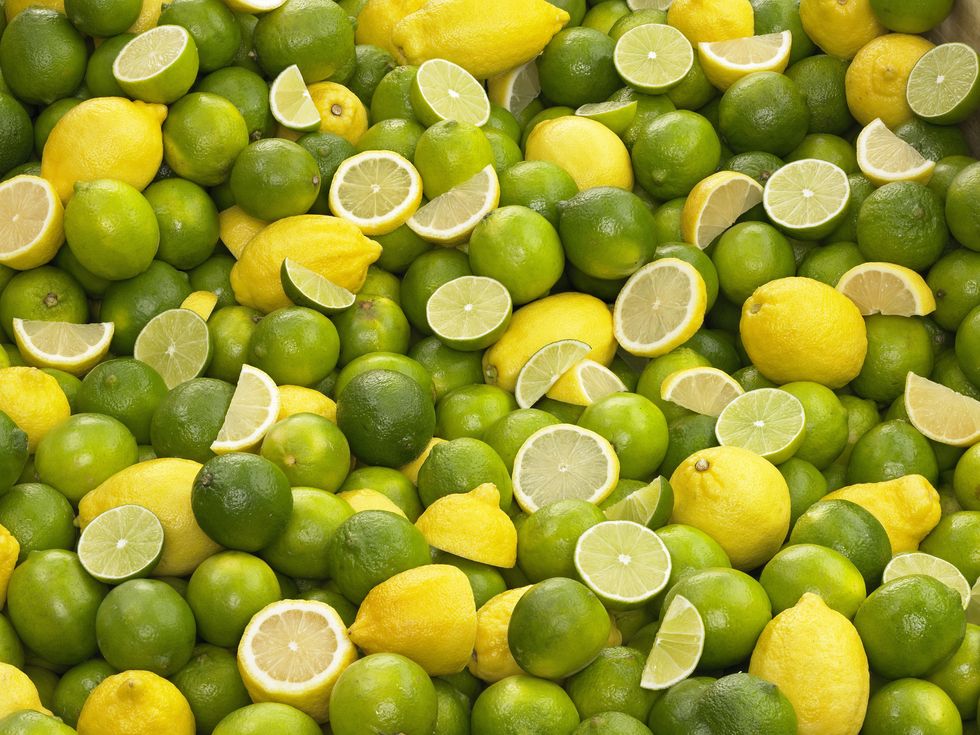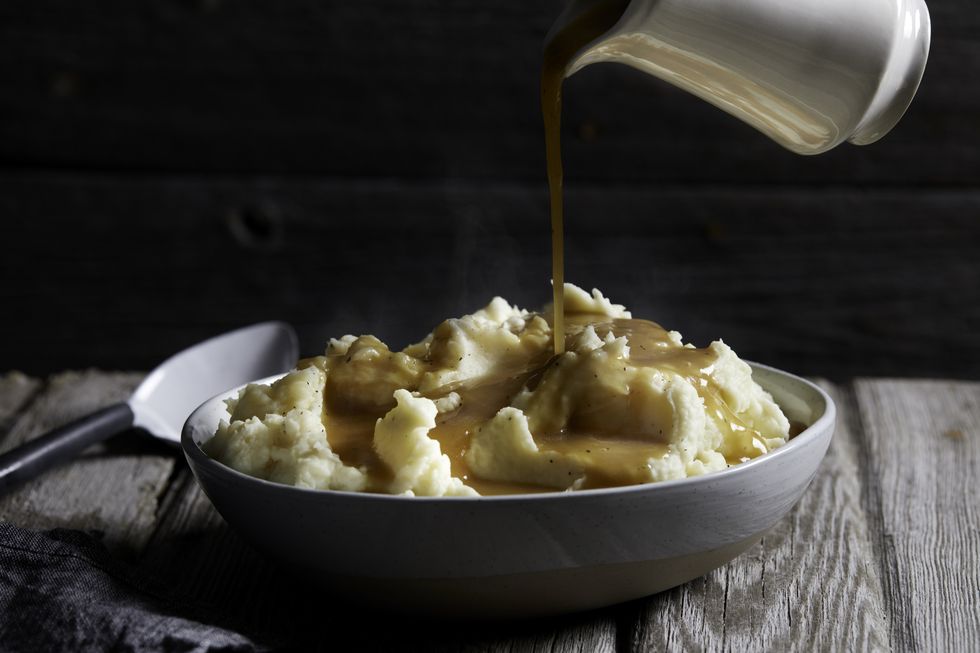Take it from Rat in the Kitchen co-host Ludo Lefebvre: The biggest saboteur lurking in your cook space is misinformation. We’re talking about those well-intentioned tips passed down from family members or found on some corner of the internet that sound legit but can poison your dishes (metaphorically, that is).
And they can be hard to sniff out. For example, adding olive oil to pasta water seems harmless—but it can create a barrier that keeps your sauce from properly coating the noodles. Thankfully Lefebvre is here to save you from such traps, and on the show Rat in the Kitchen (premiering Thursday, 3/31 at 9/8c), contestants aim to avoid similar pitfalls. The TBS competition series, which Lefebvre helms with comedian Natasha Leggero, tasks contestants with completing a series of cooking challenges while simultaneously attempting to uncover who among them is trying to ruin their work.
The chef agreed to play detective for us—sharing the worst kitchen myths and how to avoid them. He also shared a tip we’re 100 percent here for: “When cooking at home, pour a glass of wine, put on some good music, and remember to have fun.”
Myth No. 1: Fresh herbs are totally unnecessary.
It's about thyme. And then there's basil, sage, and oregano. Though dried herbs certainly have a convenience factor, they “will always have less flavor,” insists Lefebvre. Which is why he recommends chopping up the good stuff: “Fresh herbs add brightness to dishes that you just can’t get from dried herbs.”
Myth No. 2: You can sour a good meal by adding acid.
Dinner falling a bit flat? “Not cooking with enough acid can be a major reason,” notes Lefebvre. Adding a touch of lemon or vinegar to your recipes “really punches them up and gives them that restaurant feel,” he explains. “It also enhances other flavors in a dish.”
Myth No. 3: You need to go easy on the salt.
Don’t worry about being salty. “Salt actually enhances flavor,” shares Lefebvre. So don’t be afraid to shake it on everything—even your most saccharine recipes. Adding a bit to desserts, “can make them taste even sweeter,” he says.
Myth No. 4: For the best mashed potatoes, turn up the heat.
You know the phrase, “If you can’t stand the heat, get out of the kitchen”? It doesn’t apply to spuds. “Potatoes should always be simmered,” asserts Lefebvre. “Boiling potatoes can break apart the starch and allow water to soak into the flesh.” Letting them cook lower and slower, he continues, will “result in a more tender and dry potato.”

















